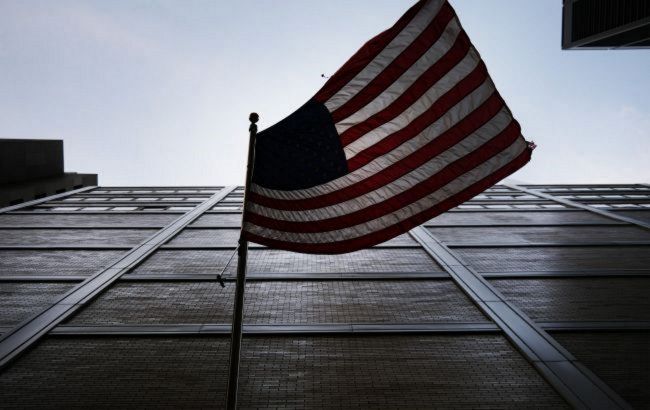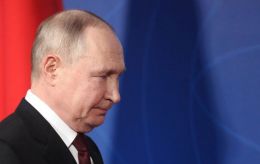Spies in favor of Cuba - Former US diplomat sentenced to 15 years
 A US diplomat spied for Cuba for decades, he was sentenced (photo: Getty Images)
A US diplomat spied for Cuba for decades, he was sentenced (photo: Getty Images)
Former US diplomat Victor Manuel Rocha has been sentenced to 15 years in prison for years of espionage in favor of Cuba. The Ministry of Justice called his case one of the most extensive and enduring penetrations of Cuban intelligence into the US government apparatus, reports Reuters.
Victor Manuel Rocha, who served as US ambassador to Bolivia from 2000 to 2002, pleaded guilty to two charges, including acting as an illegal foreign agent. He was initially charged in December.
According to US prosecutors, Rocha, 73, secretly supported Cuba’s ruling Communist Party and aided the country’s intelligence gathering against Washington for more than four decades, including during a 20-year career in the State Department, according to US prosecutors.
Rocha admitted his decades of work for Cuba and boasted about his ability to avoid detection in a series of meetings in 2022 and 2023 with an undercover FBI agent who posed as a representative of Cuba’s foreign intelligence service.
Rocha has agreed to plead guilty as part of a deal with federal prosecutors, requiring him to disclose details of his interactions with Cuban intelligence. However, US officials have stated that they may never fully uncover Rocha's cooperation with Havana.
According to prosecutors, Rocha sought positions that would give him access to confidential information and influence US foreign policy. Court documents show that Rocha worked at the US State Department from 1981 to 2002, including as a member of the White House National Security Council from 1994 to 1995.
Earlier, it was reported that journalists had established a connection to Russia in anomalous health incidents that mysteriously affected about a hundred American officials from the FBI, CIA, State Department in Cuba, and other countries.
CIA Director William Burns also warned Russia of the consequences if its intelligence services were found responsible for the Havana syndrome in American diplomats.
However, the official US intelligence assessment released last year showed that it was highly unlikely that a foreign adversary was responsible. The report acknowledges that some intelligence services have low or moderate confidence in this conclusion.

